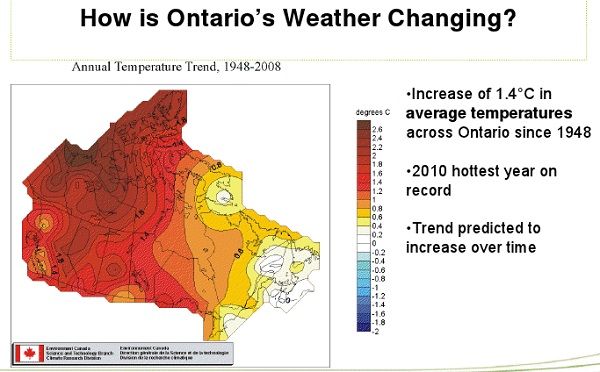An oft-repeated criticism of the updated Ontario sex ed
health curriculum is “parents weren’t consulted”. If that were true, then it
would be a serious flaw. However, the changes are actually the product of
almost a decade of consultation with many stakeholders, including all 4,000 school council chairs, chosen by the parents of our schoolchildren and serving as the
information conduit, in both directions, between parents and the school boards
and Ministry of Education. This means parents at Ontario’s public schools were
connected to the process, which is a good thing and helps validate the results.
Unlike many of the columnists in this paper, I’m not
anti-government. I actually believe government can be (and often is) a force
for good, which might be why all developed nations have extensive government
while nations in severe difficulty have little, or no, or failed government.
However, for government to do good, it must be done well, and
that means incorporating participatory democracy. This fancy phrase simply
means our input into policy doesn’t start and end at the voting booth;
government must constantly consult the public before undertaking major
projects, letting us review new proposals before they are imposed, with worthy improvements
incorporated. That is where many governments, including our current federal
one, have failed; handed pre-written legislation by a particular industry or
lobby group, they ram it through, ignoring or stifling debate and refusing any
edits or improvements before making it law.
In Ontario, at least sometimes, this isn’t the case. Besides
the sex ed curriculum I mentioned, I took part in the creation of the Lake Simcoe Protection Act and Plan, as stakeholders like me were able to modify and
improve the legislation significantly before it was passed. Of course, for this
to work, you must stay informed and take part actively, not just wait to be
asked.
 |
| It's time to talk about this. |
Well, now Ontario is going to adopt a new strategy for
fighting climate change but before they do, they have released a discussion
paper and are holding a series of local town halls to get public feedback
before creating new laws, regulations, policies or programs.
Sadly, the nearest town hall to Barrie is in Aurora on March 18th. Luckily, you can take part in this process without leaving town,
by attending the pre-town hall conversation hosted by local Green Party
candidates Marty Lancaster and Bonnie North.
This Sunday afternoon (March 8th) at 3:30 pm, concerned
members of the public are invited to the Café at Local Foods Mart (enter
through the Local Foods Mart on Dunlop at Mulcaster, or directly from the rear
via Lakeshore Mews) for round-table discussions on topics relevant to climate,
such as clean energy, local food, and carbon pricing. You can review the
discussion paper online at this link, but we’ll also have copies at the
meeting. The ideas you put forward or prioritize will be noted to present at
the Aurora town hall or mail directly to Glen Murray, Minister of Environment and Climate Change.
Be heard! Attend our local meeting or make your way to
Aurora. This is YOUR opportunity to get involved in the policy process and tell
the politicians or bureaucrats what you want to see happen; don’t let it pass
by and complain you weren’t consulted when they take action in your name.
Published as my Root Issues column in the Barrie Examiner as "Curriculum changes not made in the shadows"
Erich Jacoby-Hawkins is a director of
Living Green and the Robert Schalkenbach Foundation.
No comments:
Post a Comment